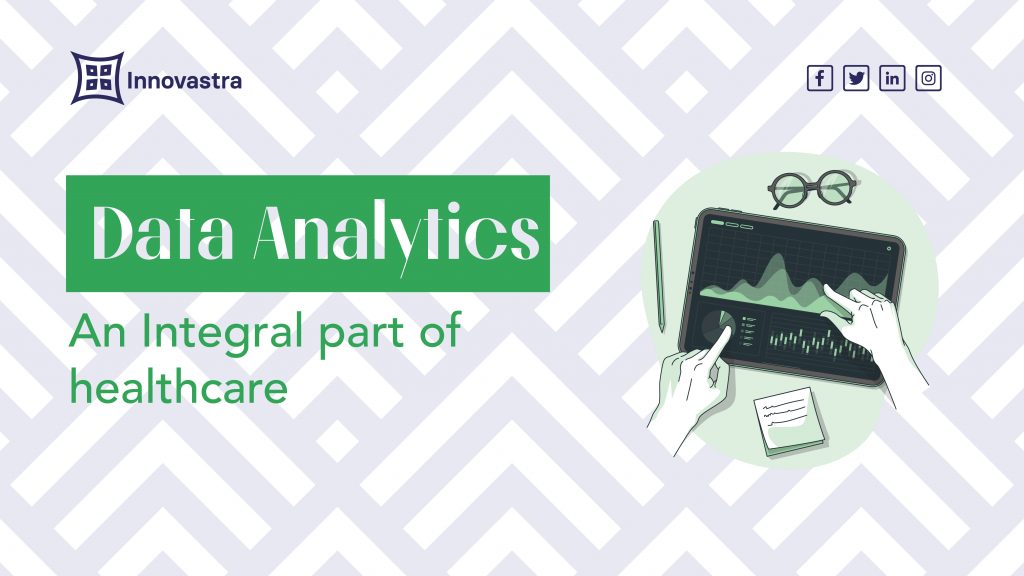Data analytics plays a vital role in improving patient care and treatment outcomes.
Data analytics is an integral part of healthcare. It helps doctors understand how patients respond to treatments and allows researchers to understand disease progression better and develop new therapies.

The Importance of Data Analytics
In order to improve patient care and treatment outcomes, data analytics plays a vital role. This includes understanding how patients respond to treatments and developing new therapies.
Types of Data Analytics
There are two main types of data analytics: descriptive and predictive. Descriptive analytics focuses on describing patterns within existing data. Predictive analytics uses historical data to predict future events.
Benefits of Data Analytics
Data analytics helps healthcare organisations improve the quality of care by providing insights into how patients are doing. It also helps them identify opportunities for improvement and make better decisions.
Challenges Faced by Data Analysts
Data analysts face several challenges. One challenge is that there is no standard definition of what constitutes “data analytics.” This means that different people use the term differently. Another challenge is that data analytics requires skills that go beyond those required for traditional business intelligence (BI) tools.
Future Trends in Data Analytics
In addition to these challenges, data analytics has become an integral part of healthcare. It is used to improve clinical decision-making, identify patients at high risk for adverse events, and develop new treatments.
info@innovastra.com
+234- 907 009 1926
8 William Savage Way
Smethwick B66 4SQ
United Kingdom
22 I. T. Igbani Street
Off Obafemi Awolowo Way
Jabi Abuja, Nigeria
Plot 24 Block 14, Kola Adeyina Close
Lekki Phase 1
Lagos, Nigeria
Click here to arrange meeting and demo with us